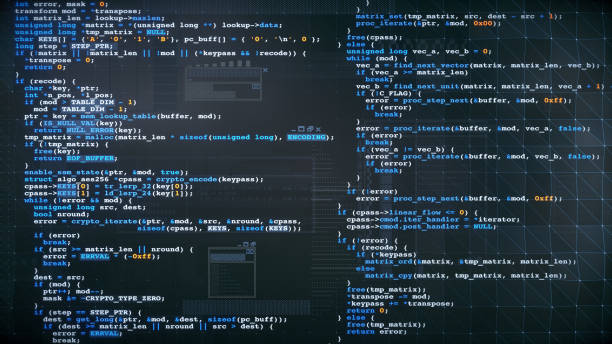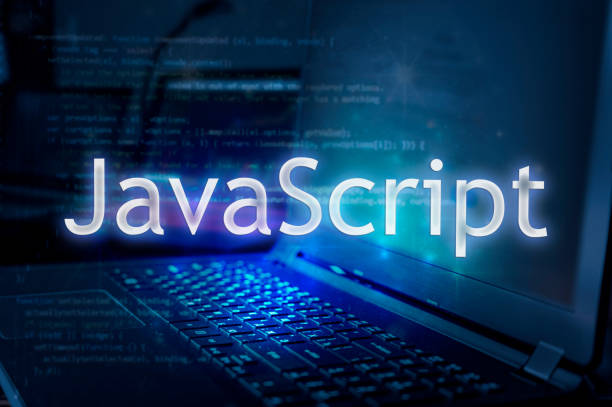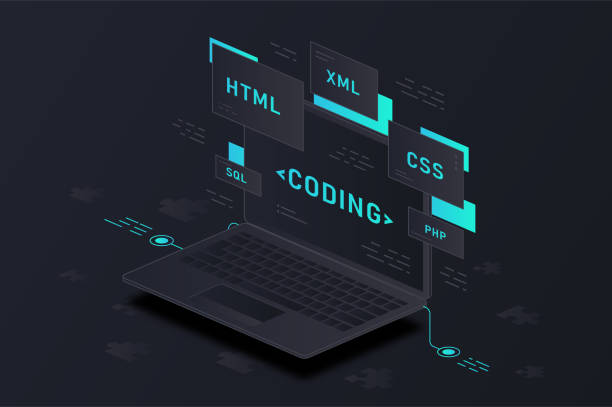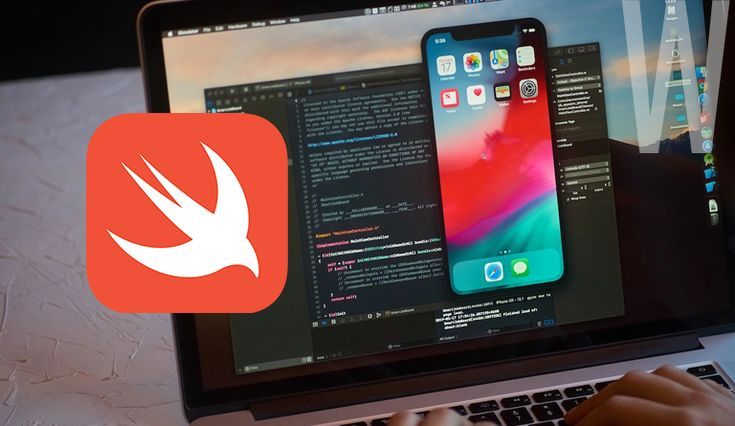Introduction
Today we explain beginner-friendly coding languages. Every beginner may feel lost at the beginning of the ignition of the world of programming. The selection of the best starting coding languages as the foundation is one of the essential factors to obtain a robust groundwork in software development. This article shall look at seven programming languages that are ideal for newbie programmers and discuss the type of information that learner can get and his/her likelihood of learning them.
Why Choose a Beginner-Friendly Coding Language?

Choosing the proper language from the very beginning can define the efficiency of your further coding studies to a great extent. Beginner-friendly languages offer several advantages:
Key Benefits
- Easier Syntax: Simple and readable code structure
- Extensive Resources: Abundant learning materials and community support
- Versatility: Applicable across various programming domains
Instantly, he/she gets a feel for the results of the learning process at the initial stages.
Top 7 Beginner-Friendly Coding Languages
1. Python
It has been acclaimed as one of the most liberal languages of the current generation for beginners.
Key Features:
- Clean and Readable Syntax: Makes use of indentations in order to give distinctions between code blocks
- Versatile Applications: Web development, data science, artificial intelligence
- Many libraries: availability of large packages of ready-to-use functions
- Large Community Support: Numerous online resources and tutorials
Making the argument that Python is Great for Beginners?
That is where Python proves to be especially suitable, as it is one of the simplest languages to learn. Its syntax is quite simple and virtually similar to plain English; thus, newcomers find it easy to engage in a discussion. It supports more than one programming paradigm, and there are immediate real-life applications of this language in different fields.
2. JavaScript

It is necessary to do with web development, which in addition gives interaction during the learning process.
Key Features:
- Front-End Development: Creates dynamic website interactions
- Client-Side Scripting: Runs directly in web browsers
- Instant feedback: get the results within the shortest time achievable
- Widely Used in Web Technologies
Learning Potential
However, novices are in a position to build engaging web elements in an easy way, adding feathers to the learning process. JavaScript’subiquity in web development ensures numerous job opportunities.
3. Scratch
Scratch is a free programming environment created at MIT that is designed for beginners and is especially suitable for children learning to code.
Key Features:
- Visual Programming Language: Drag-and-drop interface
- Block-Based Coding: Eliminates syntax errors
- Game and Animation Creation
- Educational Purpose
Why It’s Beginner-Friendly:
Scratch is software specifically designed for teaching programming principles in an interface that is easy to understand. The user can create animation as well as construct fun games while they are learning essential programming concepts.
4. Ruby
One of the programming languages with rather simple and clear syntax is Ruby; thus, it is a perfect option for those learners who begin their journey in programming.
Key Features:
- Clean and Intuitive Syntax
- Web Development Framework (Ruby on Rails)
- Object-Oriented Programming
- Rapid Development Capabilities
Learning Experience:
Therefore, the philosophy of Ruby is to make code friendly to humans, enabling people who are learning to comprehend several features of programming. It is well supported by its learning resource community.
5. HTML/CSS

Even though it is not a programming language, HTML, along with CSS, is considered to be the basis of web design.
Key Features:
- Web Page Structure and Design
- Easy to Learn
- Immediate Visual Results
- Essential Web Development Skills
Benefits for Beginners:
These markup languages are an easy approach to coding since learners are able to develop tangible output at the first instance. As such, they are very useful for any web development projects that one wishes to undertake.
6. Swift

This programming language was developed by Apple and it is suitable if you are interested in creating applications for iOS.
Key Features:
- iOS and macOS App Development
- Modern and Safe Programming Language
- Playground Feature for Learning
- Clean Syntax
Learning Potential
Incorporating a strong structure of lessons, Swift has added features that enable an absolute starter to learn basic programming as they develop the mobile application.
7. Java
Thus, just because there would be more advanced features, which can also be confusing for the audience, Java does not lag behind other languages and has great potential in forming the base of the coder.
Key Features:
- Platform Independence
- Object-Oriented Programming
- Enterprise-Level Applications
- Android App Development
Why Consider Java:
Java is indeed helpful in providing a deep insight and knowledge of programming. It’s highly structured nature also assists the learners in instilling disciplinary measures in coding.
Tips for Learning Beginner-Friendly Coding Languages
1. Choose the Right Resources
- Online tutorials
- Interactive coding platforms
- Video courses
- Community forums
2. Practice Consistently
- Code daily
- Work on small projects
- Experiment with different concepts
3. Join Coding Communities
- Participate in forums
- Attend workshops
- Collaborate with other learners
Conclusion
Deciding on the most suitable first coding languages is quite crucial, as it determines the ease of learning that should be offered to the learner. Every language has its benefits depending on one’s preference as well as how one grasps knowledge in general. It is important to remember that the best language for you largely depends on your objectives and passion.
As for the accessibility of the language, Python, JavaScript, and Scratch are considered to be the most beginner-friendly ones. It is crucial not to be afraid of trying, and even though different languages are quite diverse, they are quite similar, so do not be afraid to try several of them out. Patience, curiosity, and consistent practice can largely help in the process for one to become a good programmer.




